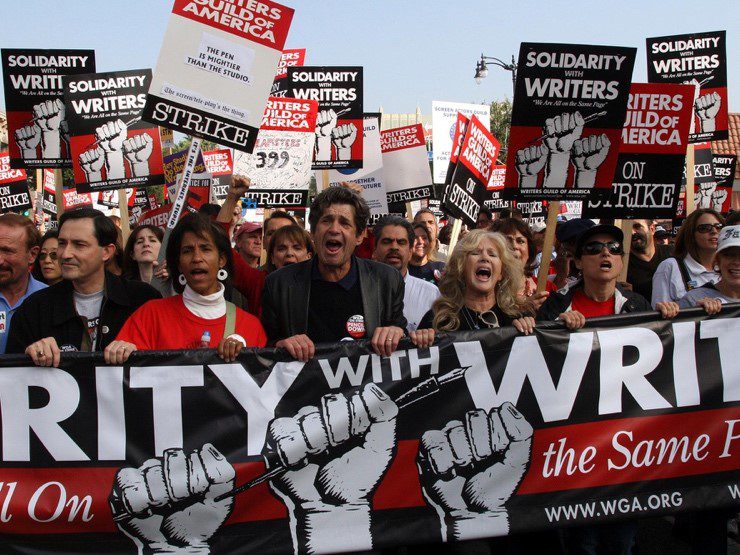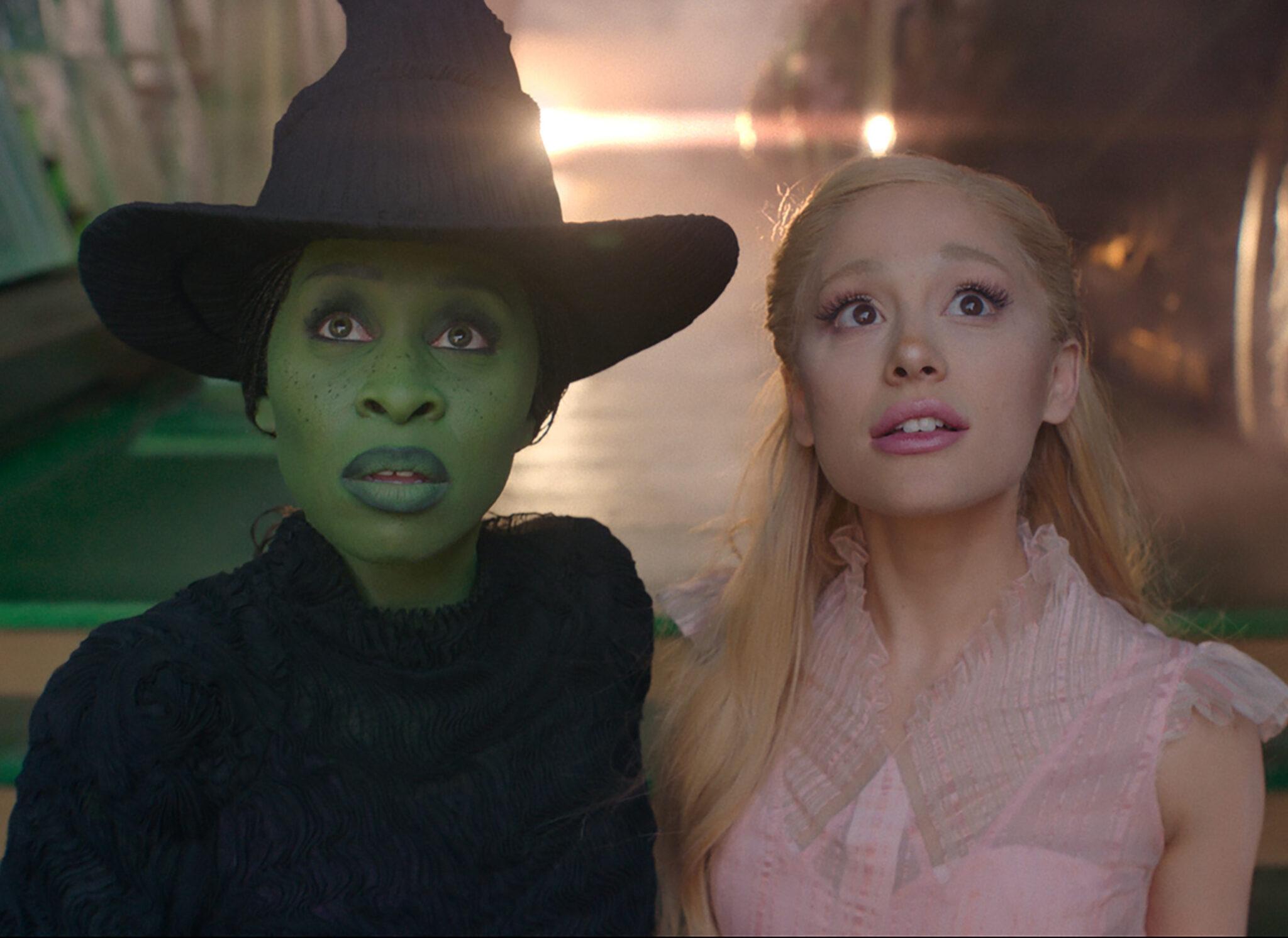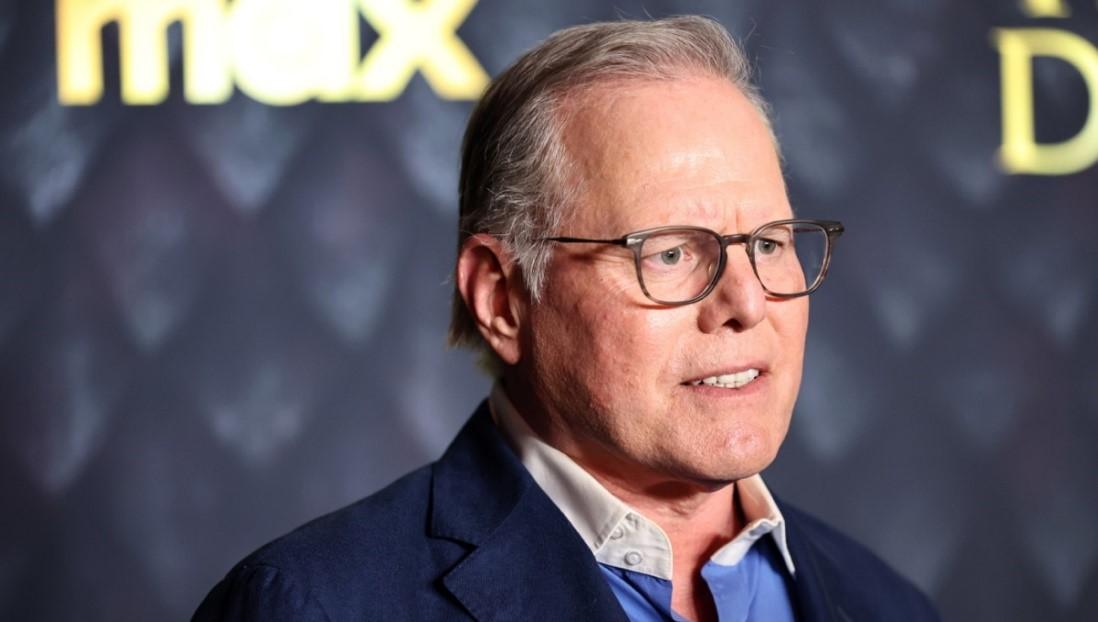On Monday, members of the Writers Guild of America voted to authorize a strike action in their negotiations with studios, with 98% of the 9,218 WGA members who voted to approve the measure. This unprecedented show of solidarity comes two weeks before the current writers’ contract is set to expire on May 1st.
The landscape of the entertainment industry has shifted dramatically since 2007, the last time that writers went out on strike. Streaming has transformed the business, with writers now focused on being compensated appropriately when their work is successful on streaming channels and services. Under the existing contract, writers see significantly less income from direct-to-streaming releases than they do for theatrical releases. Now that fewer movies are released theatrically and more are sent to streaming, the writers have wound up with lower overall compensation than in the past.
TV writers are also asking for a reset. Typically, TV writers will receive a negotiated amount per episode produced, but a streaming series will have fewer episodes per season than a network broadcast series. Usually, a season in a streaming series consists of 6-10 episodes compared with 20 or more for a TV series. The two sides seem locked into their positions, showing little movement on the core issues. As a result, most industry watchers see a strike as more likely than not.
The impact of a strike would be more immediately felt on TV, with late-night shows going dark and new episodes for weekly series being postponed. But as the strike goes on its impact would become more widespread, eventually impacting movie theatres.
The box office recovery over the past 12-18 months has been fueled by an increase in the number of new movies going to theatres. Even with the success of blockbusters such as THE SUPER MARIO BROS. MOVIE, significant contributions have been made by a regular flow of smaller titles such as AIR, RENFIELD, and EVIL DEAD RISE in April alone.
If the strike expands beyond the writers to also include directors and actors, it will hold back the number of new films available to theatres, creating a shortage of new titles that plagued the movie business throughout 2021 and 2022.












